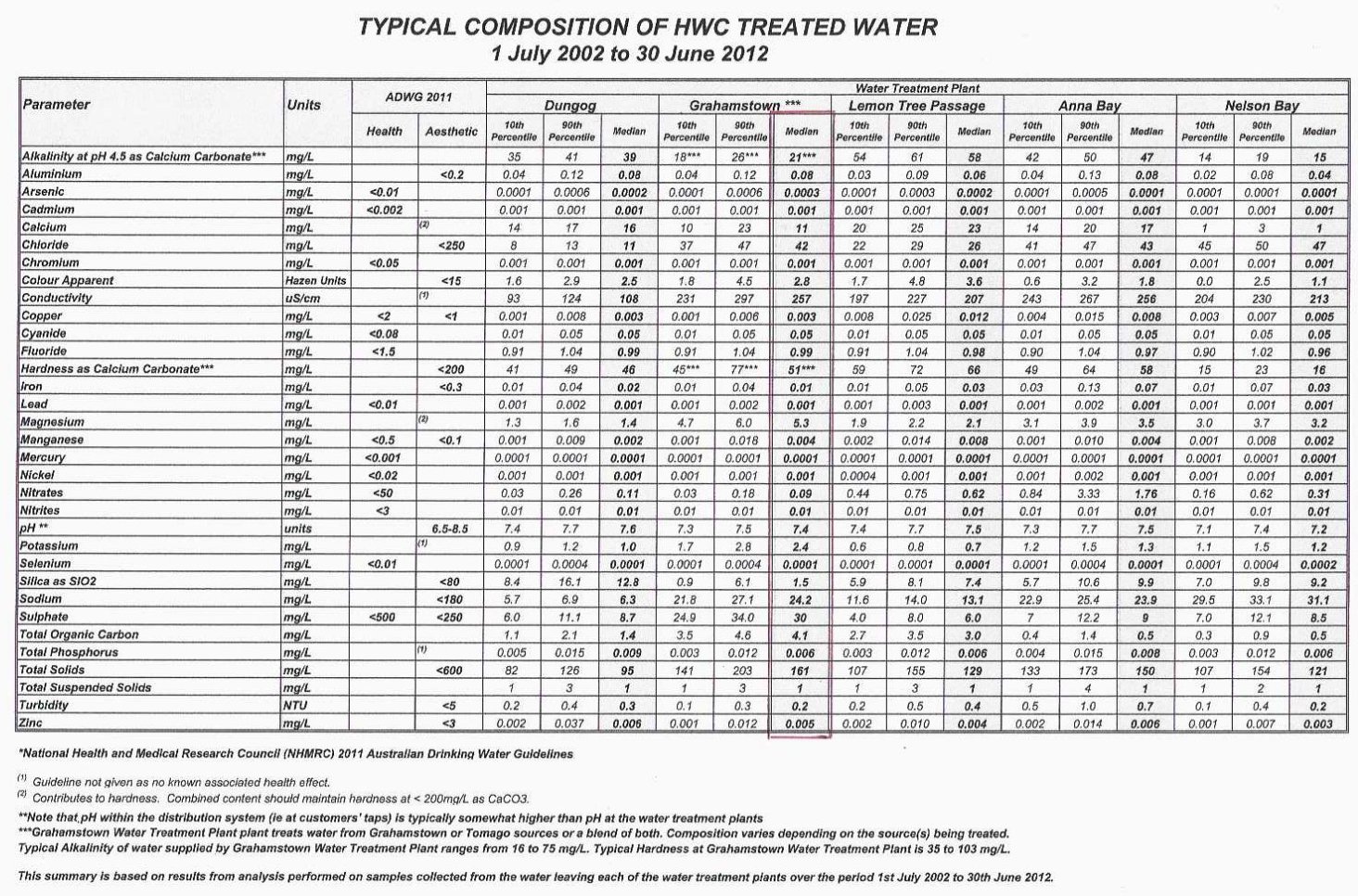As regards RA, achieving the nigh-on mystical state of zero RA (zero Residual Alkalinity) accomplishes (AFAICT) only one thing. I.E., it allows calcium and magnesium mineralized water which also contains Alkalinity to behave just as if it was deionized water with regard to its effect upon pH shift during the mash.
But RA as established by Kolbach was measured at Knockout, and not during the mash (as confirmed first by Kai Troester, and then by A.J. deLange). A.J. deLange realized via actual mash pH measurement that only about 50% of the impact of Kolbach (I.E., of the downward shift in mash pH) is witnessed within the calcium and magnesium mineralized mash proper.
Therefore:
1) If A.J. deLange is correct, the following additions will get 5 gallons of your water to zero Residual Alkalinity within the mash while simultaneously balancing your sulfate and chloride ions:
1.67 grams Gypsum
1.46 grams Calcium Chloride (as the Dihydrate) [or 1.10 grams if Anhydrous]
2) If however the highly typical misapplication of Kolbach's achievement in this area to the mash is correct, the following additions will get 5 gallons of your water to zero Residual Alkalinity within the mash while simultaneously balancing your sulfate and chloride ions:
0.65 grams Gypsum
0.28 grams Calcium Chloride (as the Dihydrate) [or 0.21 grams if Anhydrous]
RA as it exists today is merely a contrived fantasy that depends upon what Kolbach measured with regard to mineral impact upon downward pH shift specifically at knockout happening in total (and instead) within the mash. But for the case of mashing at a room temperature targeted pH of ~5.40 (+/- 0.20) it is clear that pH does fall additionally across the boil, yet in order to apply Kolbach to the mash (without modification, such as I did above within the second mineralization of the two) one is forced to deny that additional pH drop will occur during the boil. My advice is therefore to totally ignore RA unless you know how to modify it so as to conform with A.J. deLange. RA is completely unnecessary (and thereby effectively as well as factually useless) to the determination of accurate mash pH prediction anyway.




